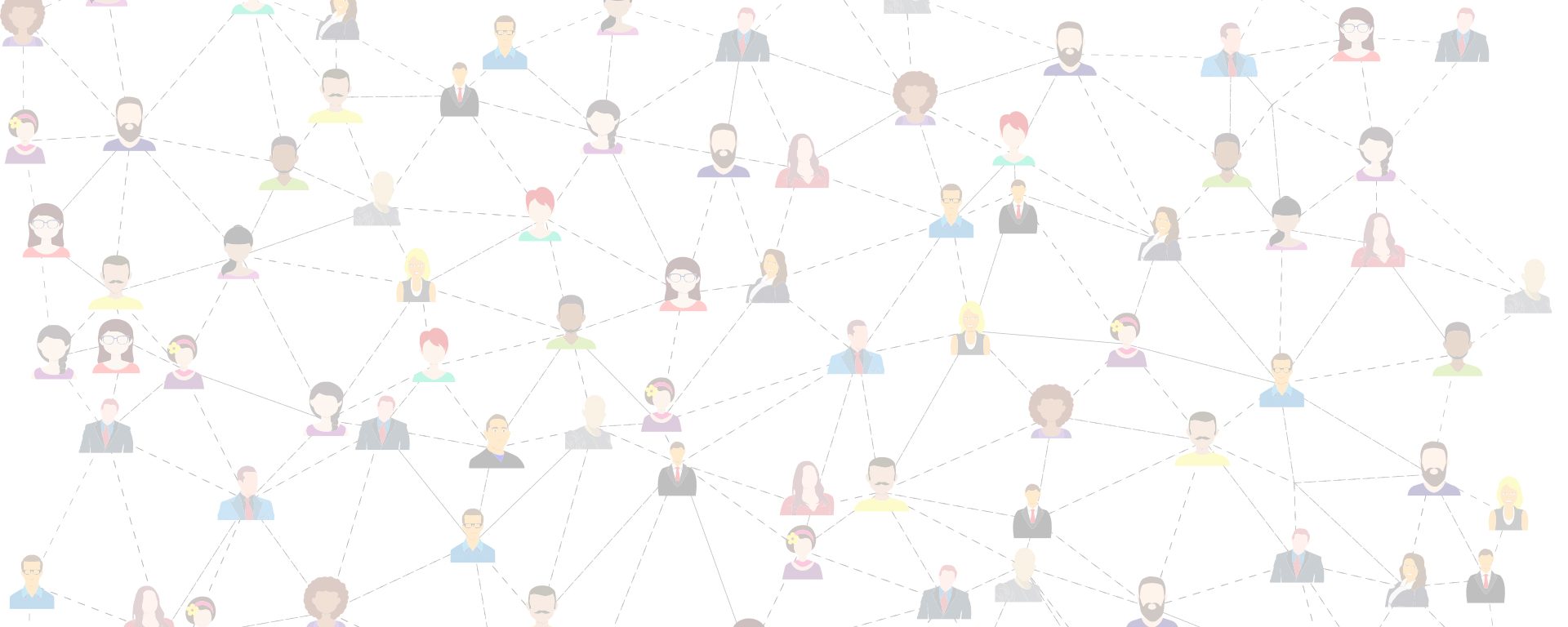Community health education is an important part of our world today. In fact, if the year 2020 has taught us anything, it is that community health education is a vital part of our society. The outbreak of COVID-19 – a pandemic that has infected millions of people around the world — crippled the global economy and changed the way we live. However, there have also been great strides made in preventing the spread of the novel coronavirus, thanks to infectious disease experts and public health educators who work diligently to keep the public informed.
One of the few positive outcomes of this life-changing virus has been the acts of kindness — big and small. Doctors and nurses have been working 18-hour shifts in areas hit hardest by the outbreak, and healthcare workers in other areas have flown to major cities to volunteer their services. Manufacturers have been shifting focus toward producing personal protective equipment (PPE) and donating thousands of items to hospitals. Even amateur crafters have been hard at work making cloth masks to donate to their local nurses! These powerful signs of hope may have inspired you to take action. It may even inspire you to make a career change, or help you decide what you’d like to do with your life.
One of the most important roles in public health today is in community health education. Public health educators teach people about behaviors that promote wellness. Within this field, there is a variety of public health issues to address, such as disease prevention, environmental health, nutrition, safety and disaster preparedness, and more.
Public health educators typically work in public health divisions of states, counties, cities, and towns. They may also work in private sectors, such as health insurers or counseling programs. They often create and assess health education programs, write grants and find proposals, conduct research, and oversee health education programs within their communities.
Whether working with individual residents, organizations, or entire populations, public health educators make a real impact on society. But what exactly can you do within community health education? Where do these types of health professionals fit?
There are many different paths available in the public health education field. The job opportunity for aspiring public health professionals is bright. In fact, the U.S. Bureau of Labor Statistics (BLS) expects employment of community health educators to grow 11% over the next several years.
Professionals who specialize in this field may work in the following settings:
- Community Health
- Consumer Health
- Environmental Health
- Family Life
- Mental/Emotional Health
- Injury Prevention and Safety
- Nutrition
- Personal Health
- Prevention and Control of Disease
- Substance Use or Abuse
But how does one break into the community health education field? According to the BLS, health educators need a bachelor’s degree before teaching others about health and wellness. Depending on the area of focus, public health educators may also need to earn the Certified Health Education Specialist (CHES) credential before starting their careers. This also requires a bachelor’s degree, and is where an undergraduate public health program comes in handy.
A Bachelor’s in Public Health, such as the one at Goodwin University, can prepare you for a future of powerful impact. Classes at Goodwin are taught by industry professionals who understand the inner workings of the public health field. Their experience can prepare you better than any textbook ever could. The program at Goodwin is also one that offers flexibility to students. Courses are available days, nights, and even in a hybrid online/on-campus format. This offers the kind of flexibility needed to complete a degree without putting your life on hold.
You may dream of working for the Centers for Disease Control and Prevention (CDC) or the World Health Organization (WHO) to help tackle massive pandemics like COVID-19. Or perhaps you have a passion for health and wellness and want to make a positive impact on your own local community. Either way, the Career Services team at Goodwin can help you get there. This group of passionate professionals is available to Goodwin students and grads — for free — for life. The Career Services team does not stop until you are in a role that you love.
Are you ready to jumpstart your career in community health education? You will make a positive impact in your community — or around the world — within no time once you have completed your degree. Learn more about the Public Health program at Goodwin University by calling 1-800-889-3282, or visit us online to request more information.
Goodwin University is a nonprofit institution of higher education and is accredited by the New England Commission of Higher Education (NECHE), formerly known as the New England Association of Schools and Colleges (NEASC). Goodwin University was founded in 1999, with the goal of serving a diverse student population with career-focused degree programs that lead to strong employment outcomes.

